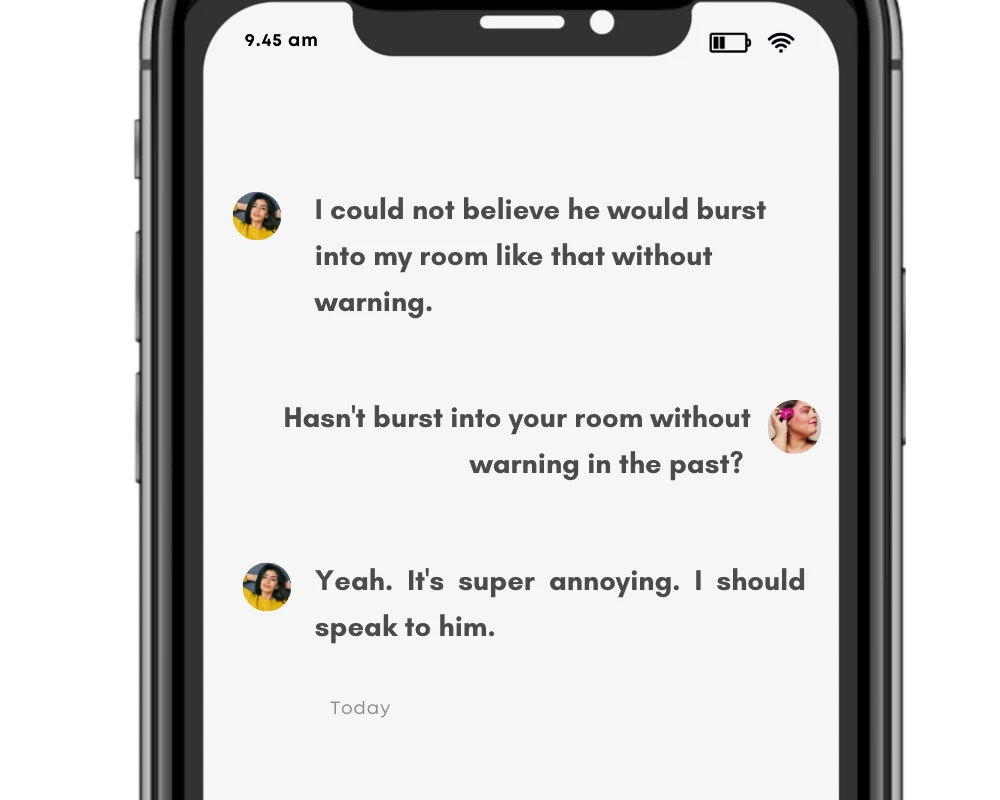
What's the past tense of "burst"?
Irregular verbs come in various forms, but sometimes verbs show no change between the present, past and past participle verb forms. Such is the case with burst, and other irregular verbs like hurt, shut, bet and set. The past tense and past participle are both burst.
Definition of burst
The verb burst, as defined by Collins Dictionary, is understood as the following: "If something bursts or if you burst it, it suddenly breaks open or splits open and the air or other substance inside it comes out."
- The past tense of burst is burst.
- The past participle of burst is burst.
Verb forms of 'burst'
Is "burst" a regular or irregular verb?
Burst is an irregular verb. Unlike regular verbs that add "-ed" to form the past tense, burst remains unchanged across all its tense forms. This makes it part of a special group of irregular verbs that have identical forms for present, past, and past participle.
When to use "burst"
The tire burst on the highway.
My throat had burst from all the shouting.
The verb burst uses the same form for both simple past tense and present or past perfect), it requires an auxiliary verb like have, has, or had. The simple past doesn't use a helper verb since it's a complete tense, so burst can stand alone in sentences, whereas participles require an auxiliary verb.
Similar irregular verbs
These irregular verbs share the same pattern as burst—they remain unchanged across all tense forms:
Sentence examples: burst, burst, burst
• He bursts into the room every morning.
• The roads are bursting with cars.
• Every now and then you hear some bombs bursting.
• The balloon burst with confetti.
• Monsoons caused the river to burst its banks.
• The pipe burst and liquid leaked everywhere.
• She had burst with emotion at the news.
• The dam has burst and water is flooding the town.
• My throat had burst from all the shouting.
Synonyms & nearby words
Synonyms for burst
Nearby phrases
Practice: Burst or bursted
The balloon ______ when it touched the grass.
She has ______ into laughter several times today.
If you ______ the bubble, it will pop.
The pipes ______ during the cold snap last winter.
The dam has ______ and water is flooding the town.
Origin of the verb/word, burst
From etymology online on burst (v.): Middle English bresten, from Old English berstan (intransitive) "break suddenly, shatter as a result of pressure from within". The transitive sense ("to cause to break, cause to explode") is from late 13c. The meaning "to issue suddenly and abundantly" is from c. 1300 (literal), mid-13c. (figurative). The meaning "break (into) sudden activity or expression" is from late 14c. Related: Bursting.
FAQs
What is the past tense of "burst"?
Is 'bursted' a correct word?
Does burst change form for past tense?
How is burst used in past simple?
When is burst used as past participle?
Sources
Advertisement








.webp&w=3840&q=75&dpl=dpl_13tcGbrn5BXPQFsQmuQWqib9Y3DN)